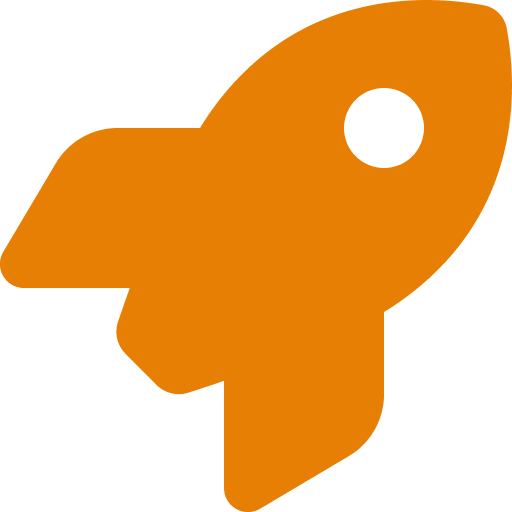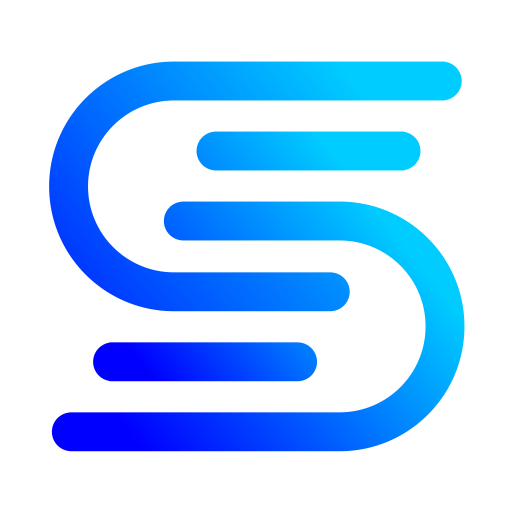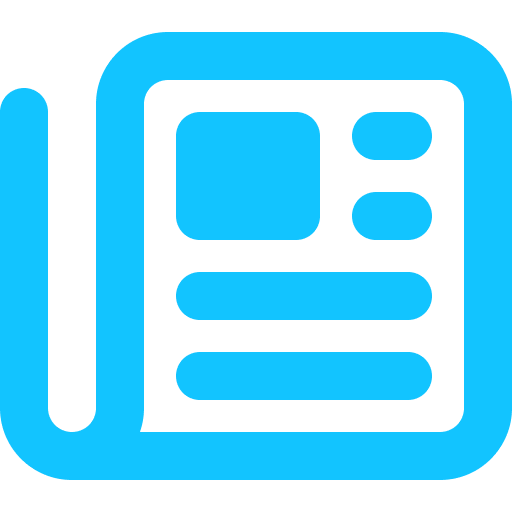Personal Knowledge Management (PKM) involves systematically organizing information to enhance learning, productivity, and decision-making in an information-rich world. GetSparks provides tools and workflow to retain the knowledge and be productive.

Personal Knowledge Management (PKM) refers to the systematic and intentional practice of acquiring, organizing, and utilizing one’s knowledge and information resources to enhance personal productivity, learning, and decision-making. In today’s information-driven world, individuals are faced with a constant influx of data from various sources. PKM involves strategies and tools that help individuals curate, evaluate, and store this information effectively, making it accessible for future reference and application. By integrating note-taking techniques, information categorization methods, and reflective practices, PKM empowers individuals to transform raw information into structured, meaningful knowledge that can be applied to professional growth, problem-solving, and lifelong learning endeavors. It is a dynamic process that encourages continuous learning and adaptation, enabling individuals to stay informed, engaged, and resourceful in an ever-evolving landscape of information.
Note Taking
Taking notes while learning can be a highly effective strategy for several reasons:
- Active Engagement: Note-taking forces you to actively engage with the material, preventing passive reading or listening. This active involvement enhances your understanding and retention of the information.
- Retention: Writing down information helps you remember it better. The act of summarizing and paraphrasing what you’ve learned reinforces your memory of the material.
- Clarity: Notes provide a concise and clear summary of the key points from a lecture, textbook, or presentation. This clarity can be especially valuable when you need to revisit the information at a later time.
- Critical Thinking: Note-taking can promote critical thinking as you process information, identify key concepts, and make connections between ideas. It encourages you to question, analyze, and synthesize information.
- Goal Setting: Notes can also serve as a record of your learning progress. You can set goals for yourself, such as mastering certain concepts or completing specific readings, and track your achievements through your notes.
Learn more about how to Add Notes to you bookmarks
Categorization
Categorization is a cognitive process that involves organizing information into groups or categories based on shared characteristics or attributes. Categorization plays a significant role in learning, as it helps individuals make sense of the world, understand relationships between concepts, and retrieve information efficiently. Here are some key ways in which categorization is relevant to learning:
- Conceptual Understanding: Categorization allows learners to create mental frameworks or schemas for organizing related concepts.
- Memory Enhancement: Grouping related information into categories can enhance memory recall. When information is organized into meaningful categories, it becomes easier to retrieve because similar items are stored together.
- Problem Solving: Categorization can aid in problem-solving by helping learners recognize patterns and similarities among different problems.
Information Retrieval: Efficient categorization assists in information retrieval. In digital environments, this can involve tagging, keyword indexing, and organizing files and documents into folders.
Reflective Practices
Summarizing and using question-answer formats are essential techniques for extracting knowledge and reflecting on information effectively.
Role of Summarizing:
- Concise Representation: Summarizing involves condensing a larger body of information into a shorter, more concise form.
- Retention: Writing or verbalizing summaries reinforces your memory of the material. When you actively engage with the content to summarize it, you are more likely to remember key points.
- Organization: Summaries provide an organized structure for information. They help you see the logical flow of ideas and how different concepts relate to one another.
- Communication: Summarizing is a valuable communication skill. It allows you to convey the main points of a topic to others succinctly, whether in writing or during discussions.
Role of Question-Answer Formats:
- Active Engagement: Formulating questions about a topic requires active engagement with the material. It encourages you to think critically and seek answers.
- Focus: Questions help you focus on the most important aspects of a topic. By identifying key questions, you can direct your attention to the information that matters most.
- Comprehension: Crafting questions and answering them promotes a deeper understanding of the subject matter. It forces you to process information and make connections.
- Retention: The act of formulating questions and answering them can enhance memory retention. It reinforces your grasp of the material and helps you remember it more effectively.
Check out getSparks to be productive .



